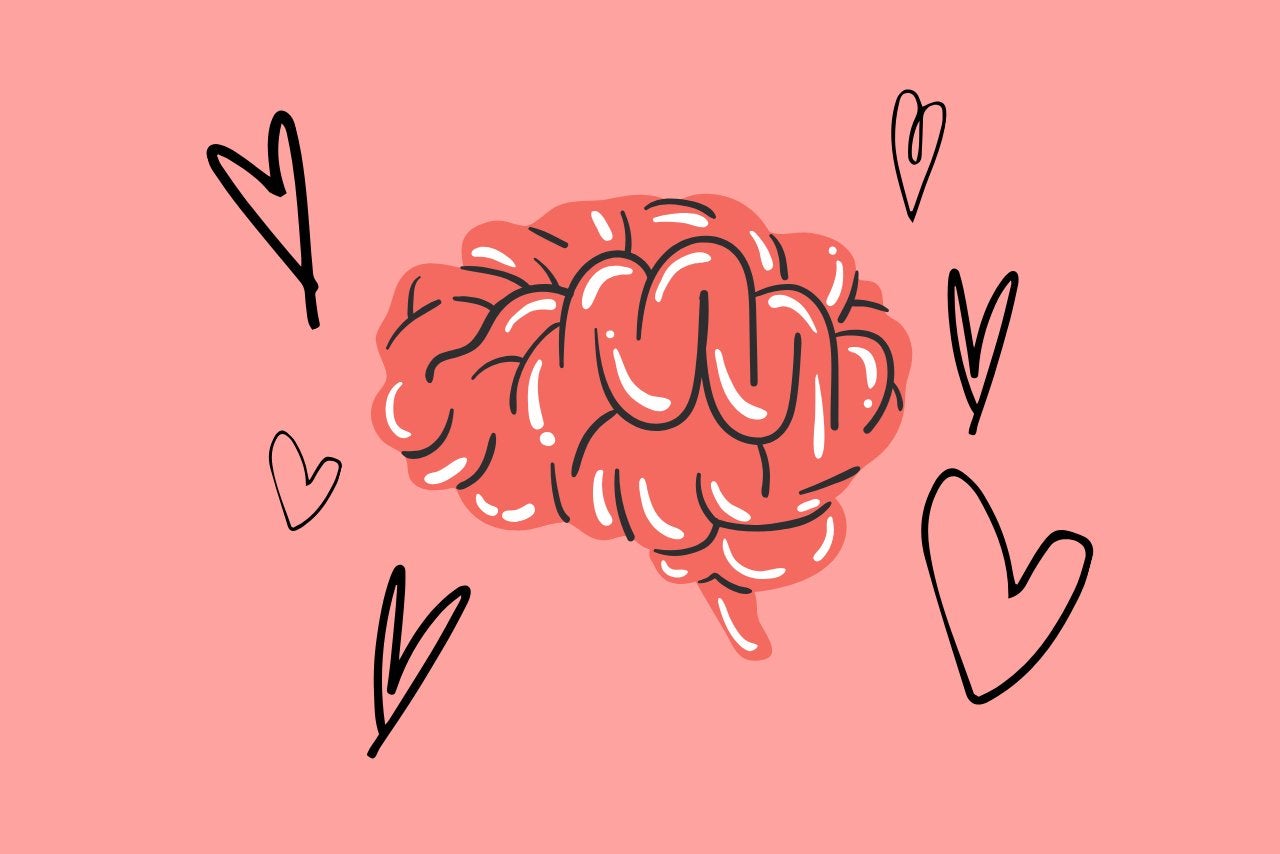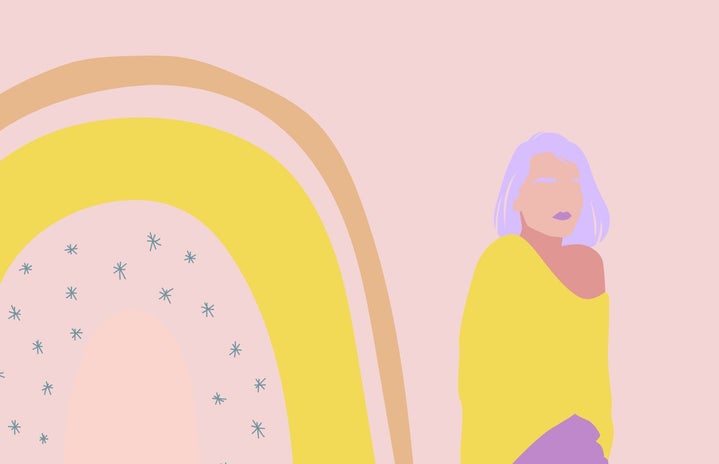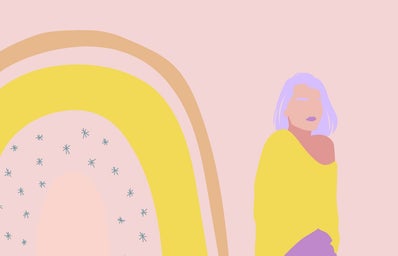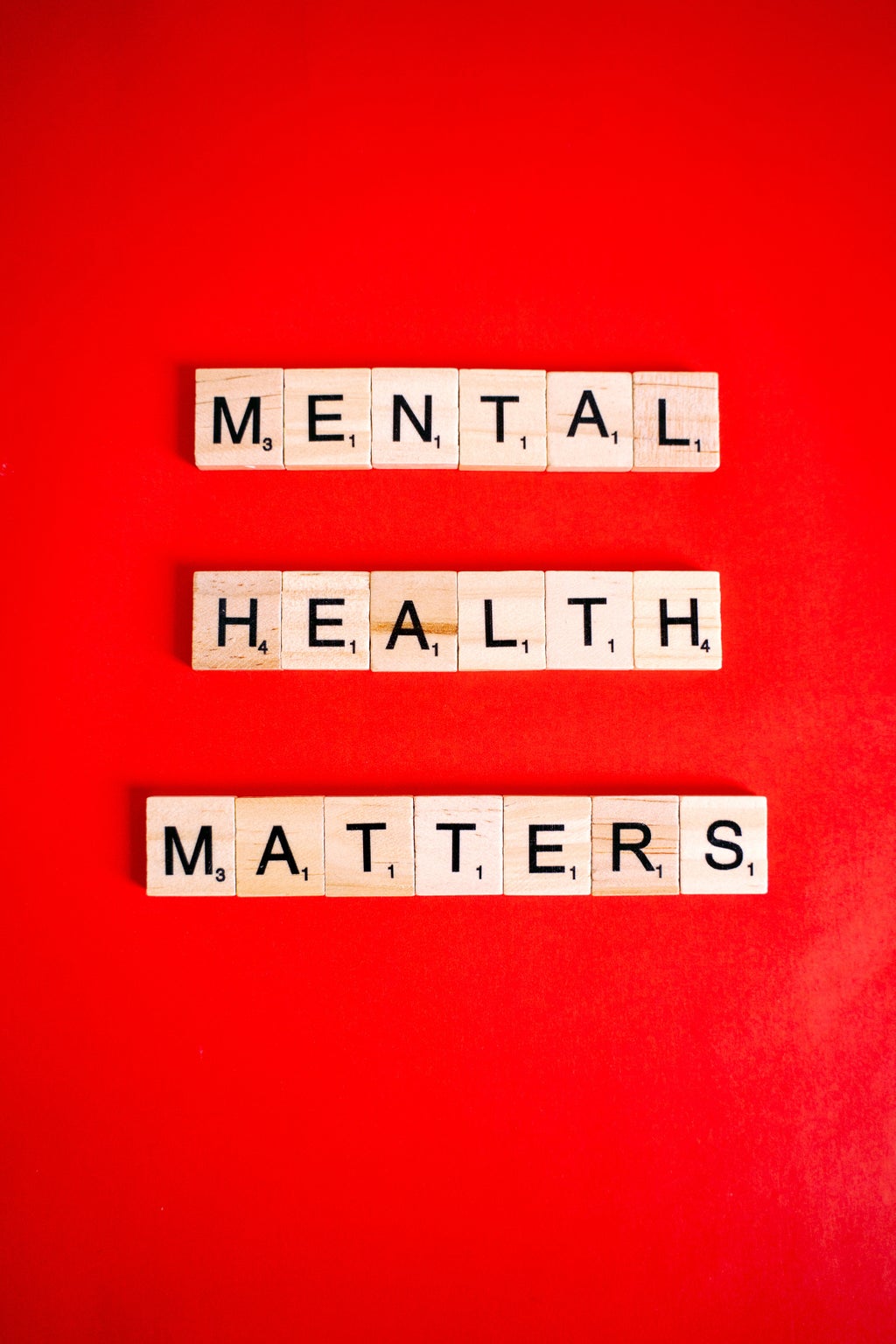When I was young, I could never figure out why I did the things I did. I had to go up the stairs starting with my left foot. I felt the need to kick back my leg every few steps while I walked. I would get a sick feeling radiating throughout me when I tried to stop myself. Bad thoughts would pop into my head, and I believed that if I thought about them for too long, those bad things would actually come true. For years I thought something was wrong with me, that my brain was broken and could never be fixed. When I finally sought help and was given answers, I felt better immediately.
Obsessive Compulsive Disorder, or OCD, is “a common, chronic, and long-lasting disorder in which a person has uncontrollable, reoccurring thoughts (obsessions) and/or behaviors (compulsions) that [they feel] the urge to repeat over and over”, as defined by the National Institute of Mental Health. When I started getting help for my other mental health struggles, my psychiatrist’s ears perked up at a few of the symptoms I was describing, apparently pointing to something more than just anxiety. I was diagnosed at age 19, the average age for most people who suffer from OCD.

OCD is portrayed on television, in film, and even in real life as hand washing and color-coding. People who like to organize their desk a certain way always claim to be “So OCD”, like it’s a silly little flaw of theirs. Yet they don’t realize what it is really like to struggle with this disorder. There are many different subtypes of obsessions people suffer from: contamination, religion, harm, sexuality, magical thinking, and more. These lead to a large variety of compulsions, including washing and cleaning, mental compulsions (such as counting or praying), checking, repeating, and many others. So yes, compulsory hand-washing can be a real symptom, but to be considered the effect of OCD, you’d have to wash until your hands were raw.
My brain is wired to think that if I don’t touch a doorknob with both hands, a plane will land on my house. I have to tap things over and over to get rid of the sick feeling in my body. My brain can’t say — or even write — my real obsessions, fearing that if I address them, they will come true. The worst part about OCD is knowing that your brain is lying to you. You realize that none of these thoughts make sense, that the way you walk on the sidewalk will not have disastrous effects, and yet there is a little voice in the back of your head saying, “what if you’re wrong?”
“My illness is not a quirky trait”
OCD can begin at any age. It equally affects people of all genders, ages, ethnicities, and backgrounds. It is currently estimated that 1 in 100 adults have OCD — about 2-3 million adults in the United States. It can be comforting to know that we’re not alone. One way I figured this out was by following Alegra Kastens on Instagram, a therapist and OCD advocate. As someone who experiences OCD herself, she posts important information about the disorder and aims to break the stigma around it. Reading her posts, seeing comments full of people who are just like me, made me feel less alone on my journey.
It has taken lots of medication and therapy to get to where I am now. Cognitive Behavior Therapy has proved a life saver for many people with varying mental health issues. Exposure and Response Prevention, a specific type of CBT, has been proven to be especially helpful in treating OCD. It works how it sounds — you expose yourself to your fears, to the things you obsess over, to train your brain that nothing bad will happen. It’s a scary, painful, tiring process, but it’s worth it. It’s so, so worth it. I still suffer from my obsessions, and still give in to some of my compulsions, but I’m much better than I once was.
OCD Awareness Week happens every October, urging advocates to spread information and break the stigma around this issue — an incredibly important goal. My illness is not a quirky trait. It is not being organized or liking things a certain way. It is not an adjective for neurotypical people to use as a joke. This OCD Awareness Week, support the cause. Do research, educate your friends when you hear them use OCD incorrectly, and give support to all the neurodiverse people in your life. I will always struggle with my OCD, but I’m not ashamed to admit it, because now I know I am stronger than this illness.



